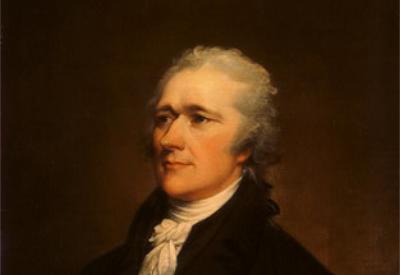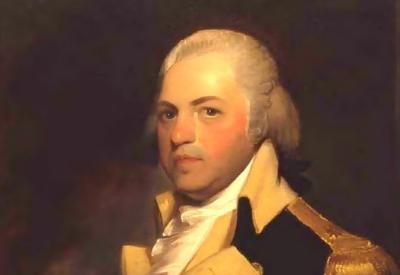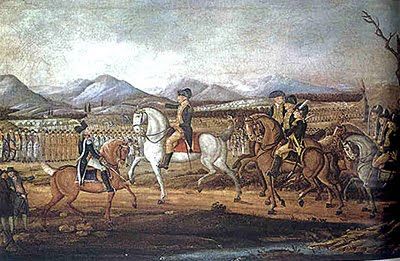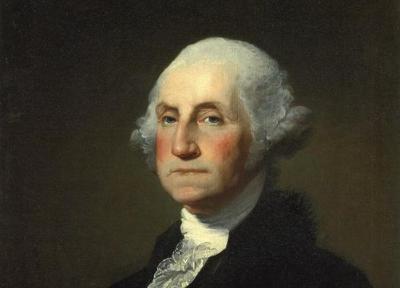The Whiskey Rebellion
Today - September 24th - marks the day in 1794 when President Washington ordered the militia out to suppress the Whiskey Rebellion.
The Whiskey Insurrection was a popular uprising that had its beginnings in 1791 and culminated in an insurrection in 1794 in Pittsburgh, Pennsylvania, in the Monongahela Valley. During George Washington's presidency, the government decided to tax whiskey in order to pay off the national debt. This infuriated the citizenry and led to the Whiskey Rebellion.
The militia force of 12,950 men was organized, roughly the size of the entire army in the Revolutionary War. Under the personal command of Washington, Hamilton, and General Henry "Lighthorse Harry" Lee, the army assembled in Harrisburg and marched to Bedford, Pennsylvania the site of Washington's headquarters, then on to western Pennsylvania (to what is now Monongahela) in October of 1794.
According to Jefferson, the rebels "could never be found," but the militia expended considerable effort rounding up 20 prisoners, clearly demonstrating Federalist authority in the national government. The men were imprisoned, where one died, while two were convicted of treason and sentenced to death by hanging. Washington, however, pardoned them on the grounds that one was a "simpleton," and the other, "insane."
This marked the first time under the new United States Constitution that the federal government used military force to exert authority over the nation's citizens. It was also one of only two times that a sitting President personally commanded the military in the field; the other was after President James Madison fled the British occupation of Washington, D.C. during the War of 1812.
 Alexander Hamilton: Banker, Federalist, and second-rate duelist
Alexander Hamilton: Banker, Federalist, and second-rate duelist
 "Lighthorse Harry" Lee, Revolutionary War hero and father of Confederate General Robert E. Lee
"Lighthorse Harry" Lee, Revolutionary War hero and father of Confederate General Robert E. Lee
Originally posted at Stormbringer.



